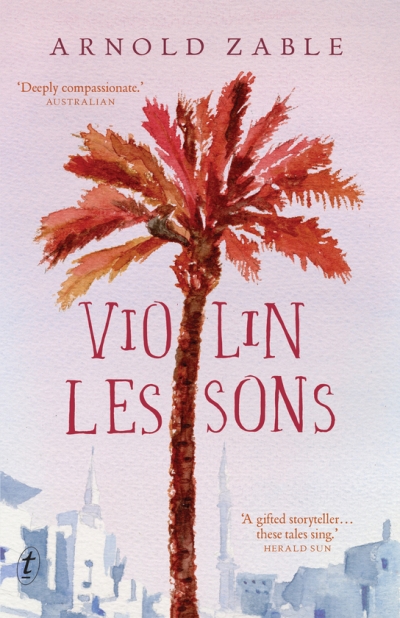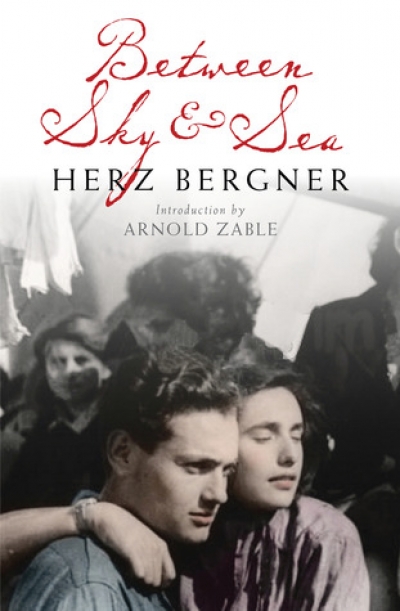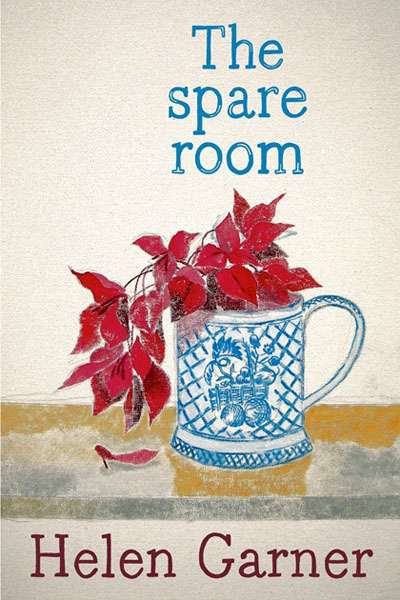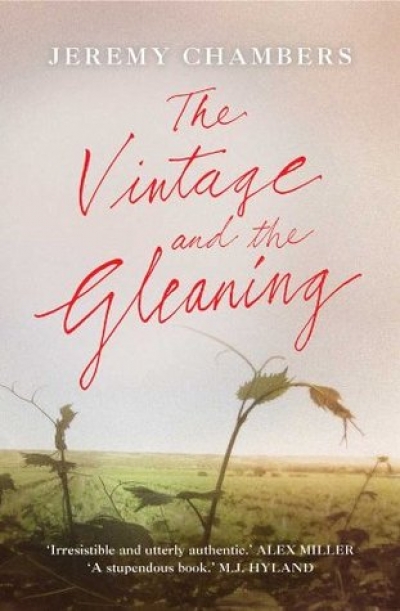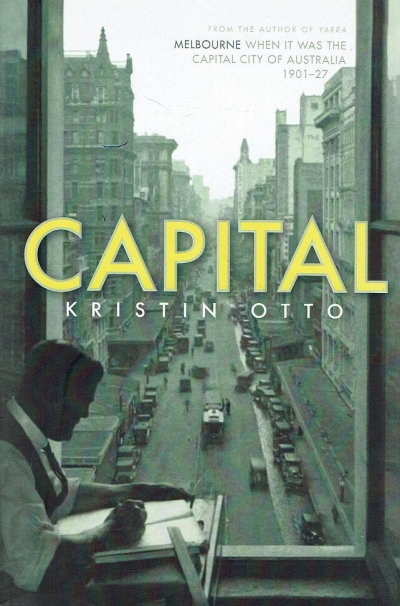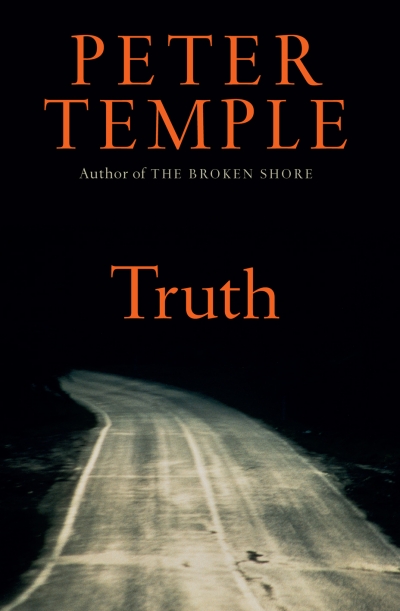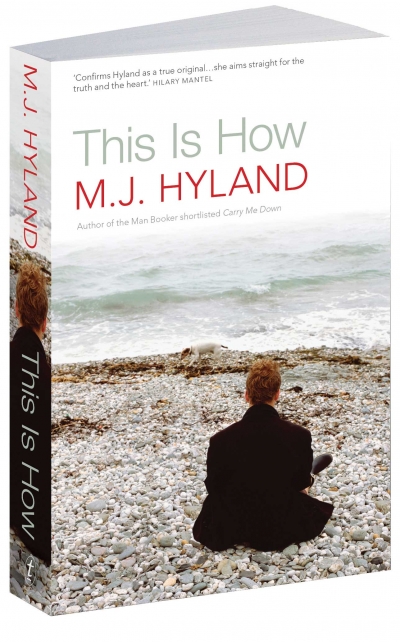The reception of SBS’s documentary Go Back to Where You Came From held out the promise that Australians’ antagonism towards asylum seekers was softening. But old certainties shift in unpredictable ways. In an essay in the September 2010 issue of The Monthly, Robert Manne, a long-standing critic of the Howard government’s asylum seeker policy, asked some uncomfortable questions of the left: Didn’t Howard’s ‘Pacific Solution’ actually work? What if the Australians who are hostile to asylum seekers can’t be dismissed as a racist redneck minority, but are instead the ‘overwhelming majority of the Australian mainstream’? What, then, of the mythical Australian values of mateship, equality, and the fair go? Arnold Zable’s latest book, Violin Lessons, situates itself within this, the most disturbing moral debate Australia has engaged in since 1992, when the Keating government introduced mandatory immigration detention.
...
(read more)

